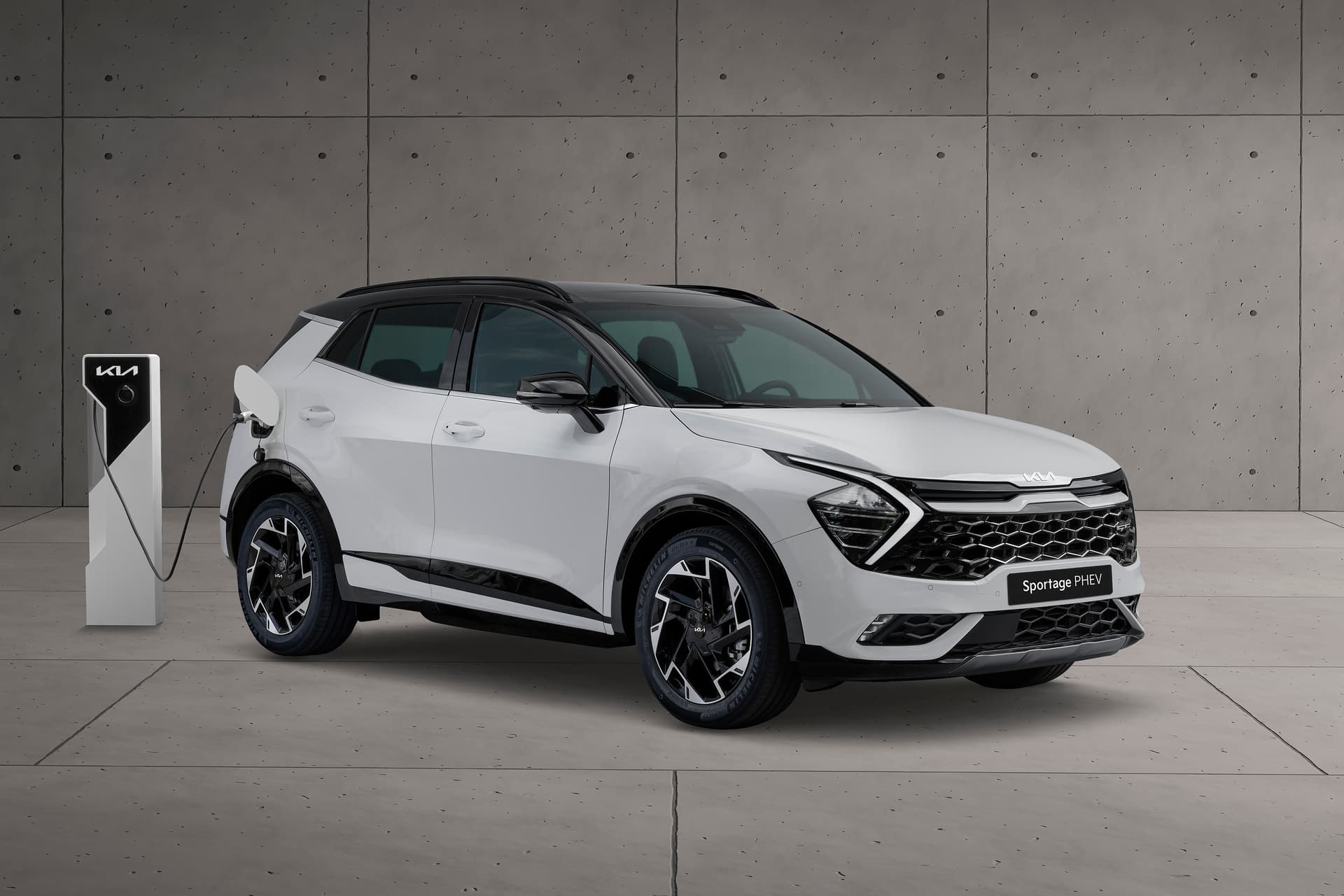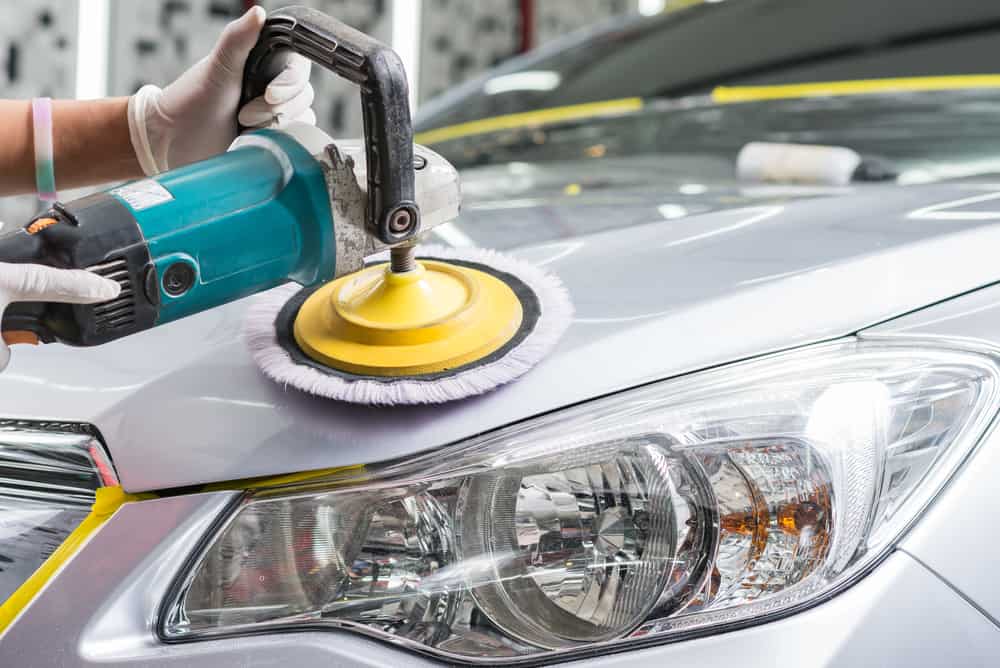
If you’ve always dreamed about having your own business, and have a love for cars. then set up your own dealership for cars could be a match in heaven for entrepreneurs. Since consumers are always in need of top-quality new and used vehicles. dealerships provide great job opportunities and a lot of opportunities for career advancement. To enable you to shift to be your very own boss. Here are seven suggestions to begin your own auto dealership.
1. New or Used is the issue
Before you start lining up vehicles on the lot before you begin lining up cars. you must decide whether you’d prefer to operate mostly in new or used vehicle sales. The used or new route will establish the foundation for your business ventures. If you decide to begin your own car dealership It’s crucial to remember. how much the first investment will be significantly higher than that of a second-hand car dealer. It’s likely that you’ll require an investor or the financial backing of banks.
Establishing a used car dealer is, however, isn’t as demanding huge initial investments however the earnings potential is much lower. The margin of profit for used cars is approximately $1,000 and price fluctuations occur frequently. However, you’ll save money leasing dealerships because there’s likely to be less inventory that is used.
2. Start putting your Business Plan into the right
If you’ve decided to sell used or new cars then you’ll need to develop. the right business strategy for your new dealership. This is particularly the case in the event that you require financing. A reputable dealership must begin with the cars themselves. will you be selling single brands or multiples? If selling both used and new vehicles is an option. it is also essential to mention this in your business plan.
Other requirements for a business plan include the calculation of business equipment costs as well as research. the cost of a manufacturer’s car against used car prices the calculation of employee wages as well as lease and sales contract costs and creating your budget for advertising. All of these elements can help you develop a business plan that’s grounded in the real world.
3. Bonding, Licensing and Bonding, Licensing, and Insurance
There are many obstacles you must clear before you can start selling cars. One of them is getting your dealer’s license. If you are looking to establish a fully-fledged dealership, then you’ll require a dealer’s permit. that allows that you sell an indefinite amount of vehicles per year. It is required if you wish to have your sales operations be in regulations of Consumer Rights and Safety laws.
For bonding, you’ll need an assurance bond for your business. which will protect your business from contract defaults with vendors, vehicle suppliers, and wholesalers. Surety bonds are a great method to protect transactions with your dealer. other company you have business relations with.
Every car dealership needs complete insurance coverage, regardless of whether they handle new cars, used vehicles, or both. Insurance coverage for dealerships typically covers the general liability plan. lots insurance as well as comprehensive plans. which protect everything from damage to property to loss of inventory.
4. Training to be a Salesman
Simply because you have an affinity for automobiles doesn’t mean that you’re a perfect salesperson. Retail is a difficult problem to solve and If you don’t intend to be perceived as an unprofessional car salesman. you want to avoid that, you must improve your sales abilities. No matter whether you’re selling used or brand new automobiles. your main objective as a salesperson is to be honest and upfront.
Everything from the overall condition of the car to keeping promises made during the sales process. making sure your customers know what they’re getting is the most important factor to success. Other traits of a salesperson include being a little less aggressive during sales. how to manage the negotiation process effectively as well as knowing the right time to allow buyers the opportunity to breathe.
5. Find the Perfect Place
There are a few elements to consider when deciding on the location of your dealership in the automotive industry. In the beginning, you’ll want to ensure that the location you choose is suitable for your business. The greater the number of people living there is, the higher profits you’ll earn. There’s also the visibility of your location to consider. If your property is situated in a secluded area or is a bit far from the road. it’s likely to draw fewer customers.
A corner lot on an important intersection is ideal. however, an area that is on an area with a lot of traffic is an excellent dealership site. It’s also important to be aware of. Dealerships located between each other are attractive to customers. it offers buyers the chance to walk away, and then quickly locate a new location and a better deal. This can be a positive or negative for your company, based on the side of the spectrum you’re at.
6. Manage Your Inventory Correctly
If you are a dealership owner the last thing you’d want to be with is not offering enough choices. that your potential customers can choose from. Selling is great however, a shrinking inventory isn’t. This is why you’ll need to play inventory chess frequently and determine. when you’ll have to replenish your stock and what you’ll have to replenish with best used car deals uk.
You can monitor your car’s sales and get an idea of which brands and models have the most rapid turnaround. This is much easier for newer cars, but it’s feasible with older vehicles. When you break your sales into the popularity of the model and make it can help you determine. whether you need to restock your inventory with more trucks and SUVs or opt for smaller, efficient cars that are fuel-efficient.
7. Be On Top Of Lemon Laws
Last, but definitely not least, make sure your new dealership is in compliance. your state’s Federal Used Car Rule and laws governing Consumer Rights and Safety laws as well as lemon laws for used car dealerships. These include requirements for complete disclosure of all known mechanical problems with the vehicles your dealership sells. Additionally, the laws governing dealerships are also a requirement that your dealership must comply with. when it comes to offering both limited and full warranties.








